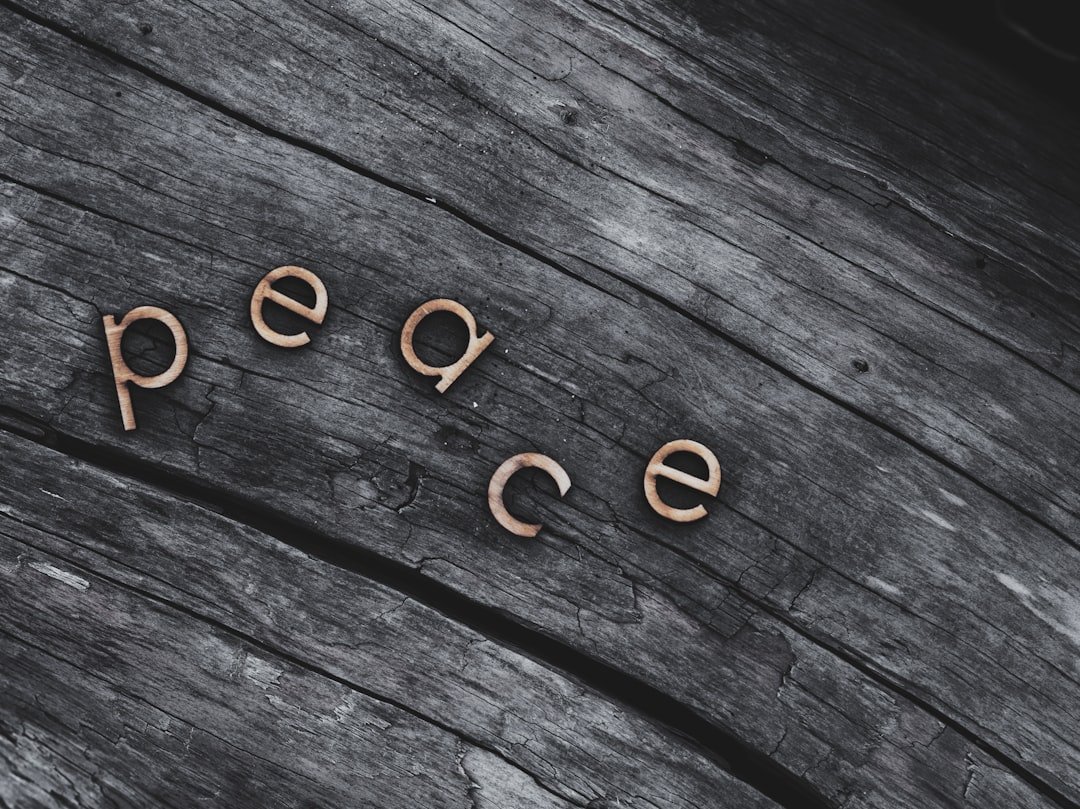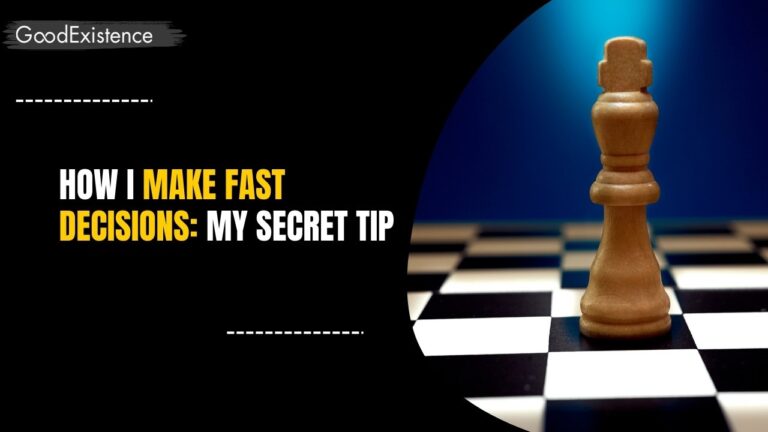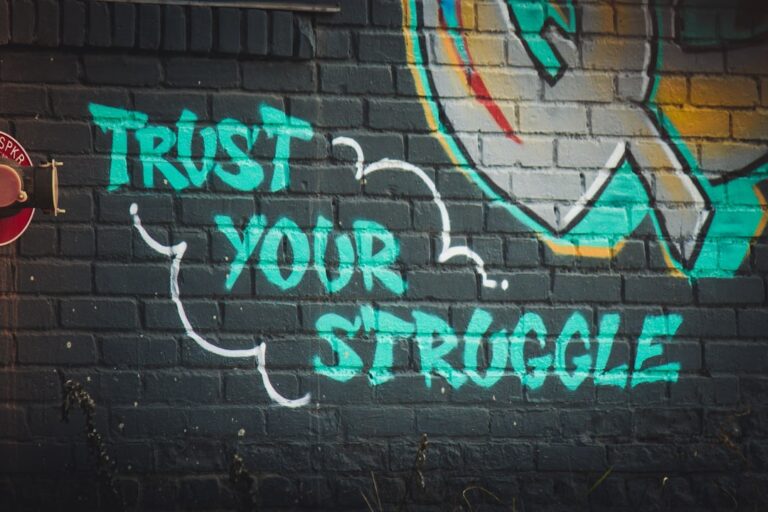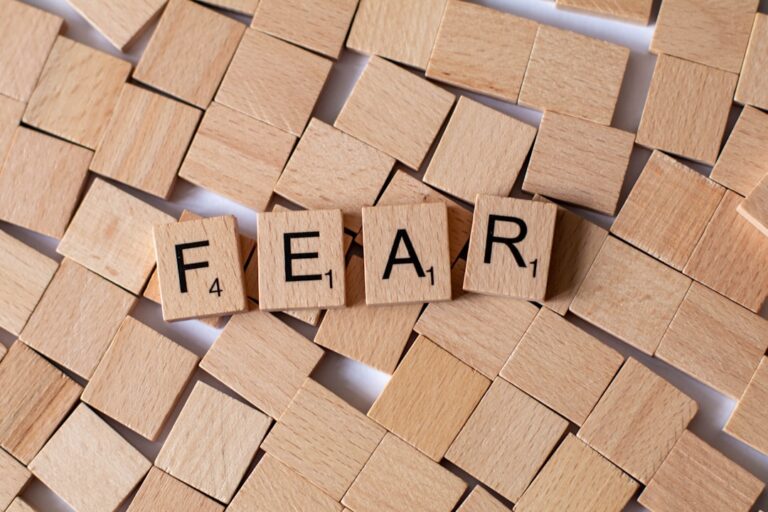
Stress used to run my life. It was the heavy blanket that pushed me toward another hour of gaming, another bag of chips, and another day of feeling completely stuck. It felt like a current I couldn't swim against, and for a long time, I just let it pull me under.
If you’re reading this, you probably know that feeling. The tightness in your chest. The racing thoughts at 3 AM. The exhaustion that coffee can’t fix. It’s a battle, and some days it feels like you’re losing.
I get it. I’ve been there. My journey from being over 110 pounds overweight and trapped in unhealthy habits wasn’t about finding a magic cure for stress. It was about learning to build a stronger boat. It was about finding tools that made me resilient, not invincible. Stress still comes in waves, but now, I know how to navigate the storm.
You can too. It starts with small, practical steps. Here are 20 techniques that helped me build stress resistance, one day at a time.
Mind and Body First
Your mind and body are connected. When one is out of balance, the other follows. Before you can tackle the big picture, you have to take care of your physical and mental foundation.
-
Move Your Body. You don’t need an intense gym routine. Just walk. Walk outside for 20 minutes. Stretch in the morning. Do some pushups. Movement releases tension and clears your head. It’s simple but powerful.
-
Fuel Yourself Well. I used to eat my feelings. Binge eating was my response to stress. I felt terrible afterward which only created more stress. When I started eating simple, whole foods, my energy and mood stabilized. Don’t aim for perfection. Just aim for one better choice at your next meal.
-
Prioritize Sleep. We treat sleep like a luxury but it’s a necessity. A tired mind is a stressed mind. Aim for 7-8 hours. Your body and brain do their best repair work while you rest.
-
Get Some Sunlight. Step outside for a few minutes each day, especially in the morning. Sunlight helps regulate your internal clock and gives you a natural mood boost. It’s a simple way to signal to your body that it’s time to be alert and engaged.
-
Take a Real Pause. When you feel overwhelmed, just stop. Take a few slow, deliberate breaths. This isn’t some mystical practice. It’s a physical reset. It interrupts the panic signal in your brain and gives you a moment of clarity.
-
Write It Down. Get your worries out of your head and onto paper. When you see them written down, they often seem smaller and more manageable. You don’t have to write a novel. A few bullet points on a notepad are enough.
-
Limit Negative Inputs. Constantly scrolling through social media and watching the 24-hour news cycle is like pouring gasoline on your stress fire. Set a timer. Unfollow accounts that make you feel anxious. Be intentional about what you let into your mind.
-
Listen to Music. Put on some calming music. For me, Orthodox chants or classical music can completely change the atmosphere in a room and in my head. Find what works for you and use it to create a peaceful space.
Build a Resilient Routine
Chaos creates stress. A simple, predictable structure for your day brings a sense of control and calm. My most productive days aren't my longest; they are my most structured.
-
Build a Morning Anchor. Start your day with a simple, positive routine. For me, it’s a short prayer, a glass of water, and a few minutes of quiet before the world wakes up. It sets the tone for everything that follows.
-
Plan Your Day the Night Before. Take five minutes before bed to write down your top three priorities for the next day. This clears your mind for sleep and helps you wake up with a purpose, not a panic.
-
Focus on One Thing. Our brains aren’t built for multitasking. Juggling five things at once is a recipe for anxiety and poor results. Pick one task. Finish it. Then move to the next.
-
Work in Short Bursts. I found my sweet spot working in focused blocks of 2–4 hours. I do my most important work then and don't force myself to "grind" all day. Quality over quantity.
-
Take Real Breaks. Don’t just switch from one screen to another. Get up. Walk around. Look out a window. A real break refreshes your mind so you can return to your work with new energy.
-
Create Something. Use your hands. Cook a meal, draw something, fix a wobbly chair, or plant something. Creating shifts your focus from consuming and worrying to producing and engaging with the real world.
-
Celebrate Small Wins. This was huge for my weight loss. Losing 110 pounds felt impossible. But losing one pound felt amazing. I celebrated that. Then the next one. Small wins build momentum and prove to you that you can succeed. Did you finish a tough task? Acknowledge it. Did you choose a healthy meal? Be proud of that.
Lean on Faith and Connection
You were not made to handle life’s burdens alone. True strength is found in humility and connection—to God and to others.
-
Pray Simply. When I feel stressed, my first instinct now is to turn to prayer. It doesn't have to be long or formal. Just talk to God honestly. Tell Him what’s wrong. The Jesus Prayer ("Lord Jesus Christ, Son of God, have mercy on me, a sinner") is a short, powerful prayer I repeat throughout the day to re-center my focus on Him.
-
Find Purpose in Faith. For me, building a closer relationship with God through my Orthodox Christian faith has been the ultimate stress reliever. It re-frames my problems. It reminds me that I am not the center of the universe and that my life has a purpose beyond my daily anxieties. This gives me a deep and abiding peace that circumstances can’t shake.
-
Connect with a Friend. Call someone. Don’t just text. Hearing a friendly voice can make a world of difference. Share what you’re going through. Let someone help carry the load.
-
Serve Someone Else. The fastest way to get out of your own head is to help someone else. Make a meal for a neighbor, call a friend who is struggling, or volunteer. Shifting your focus from your own problems to the needs of another puts everything in perspective.
-
Focus Only on What You Control. You cannot control the economy, the weather, or what other people do. You can control your response. Your attitude. Your actions. Focusing your energy here is empowering. Letting go of the rest is liberating.
Building stress resistance is a lifelong practice, not a one-time fix. It’s about adding tools to your toolbox so you're ready when the storms come. You don’t have to do all of these things at once. Just pick one.
What is one small technique from this list you can try today?





